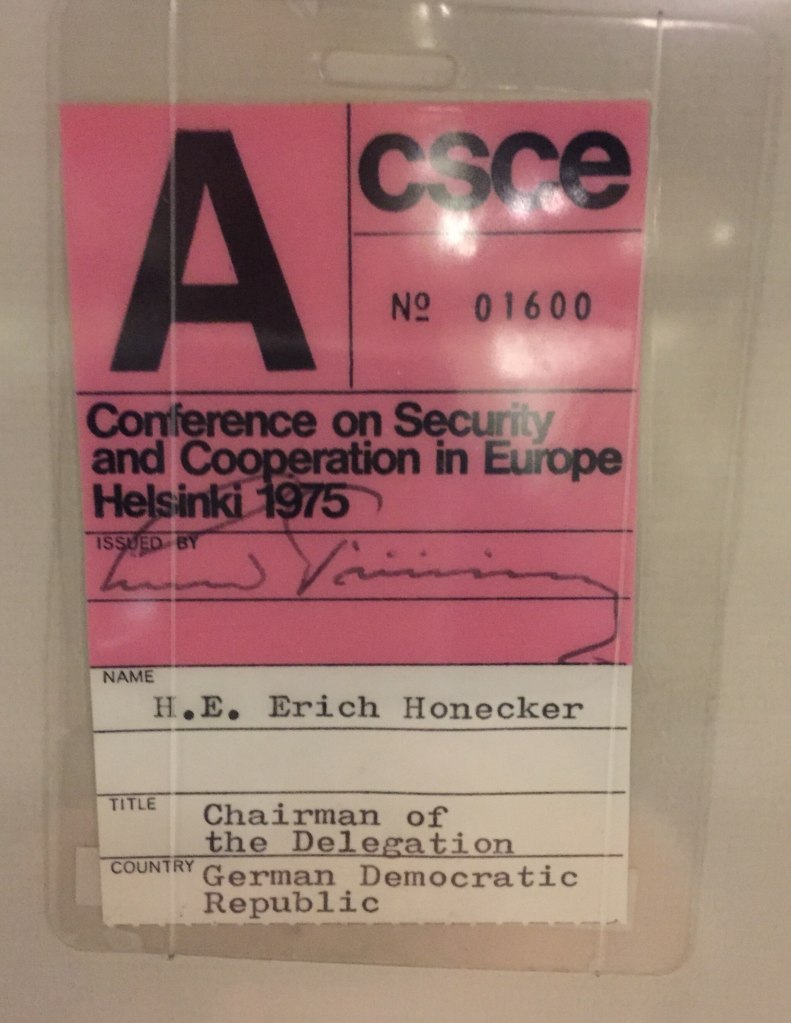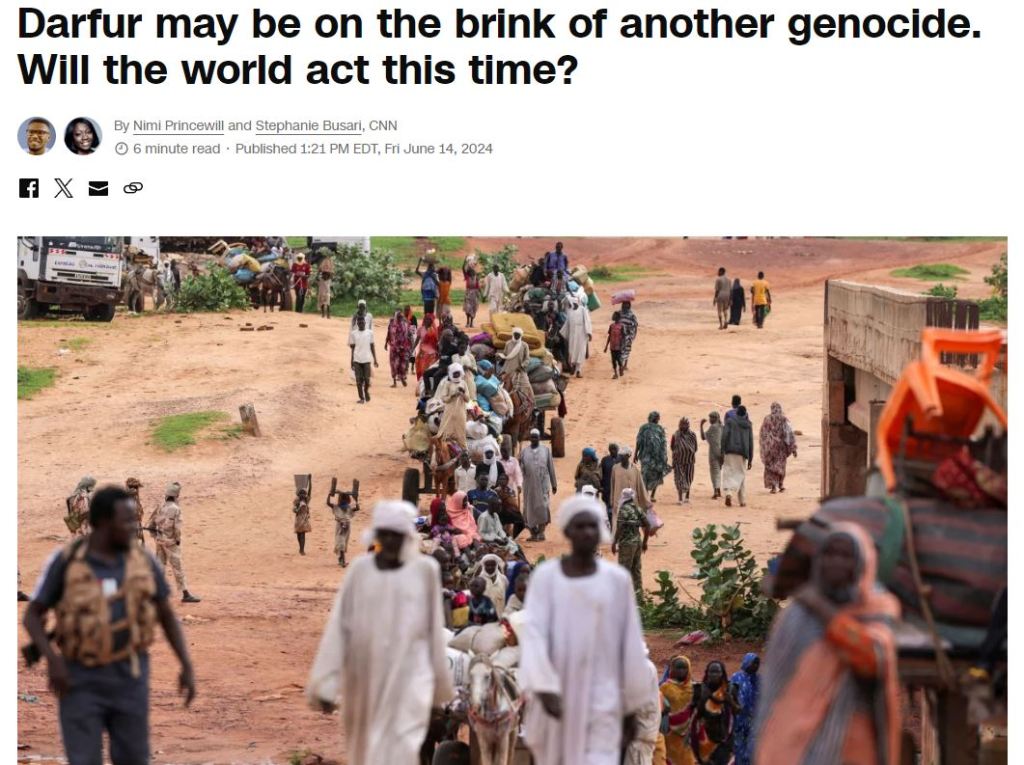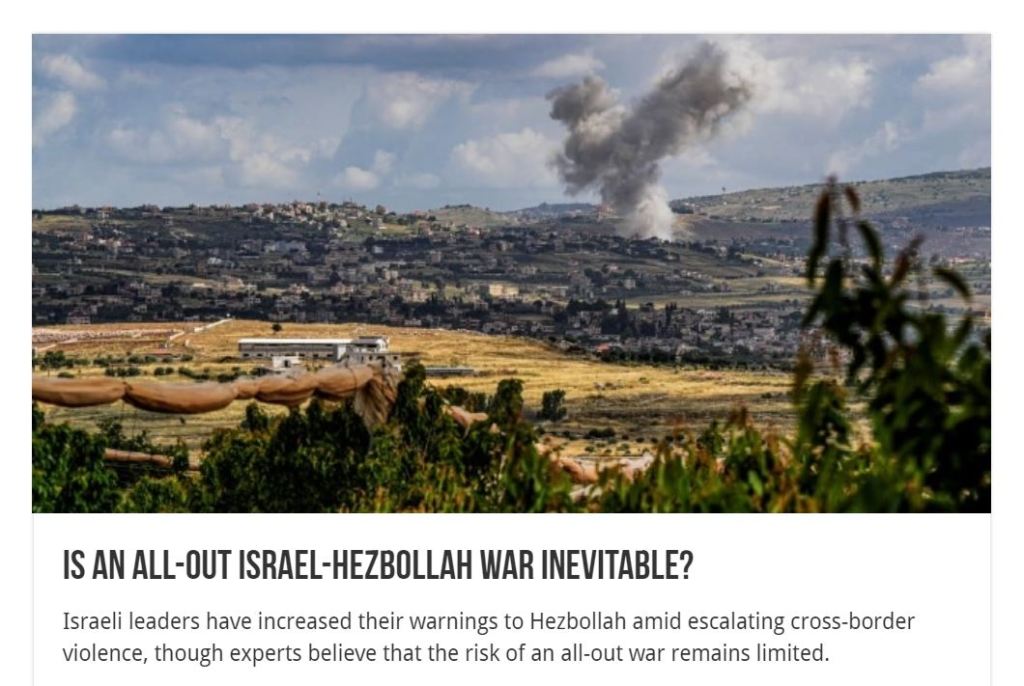By René Wadlow
On June 15, 2024, Russian Federation Foreign Minister Sergey Lavrov stated that “Russia will not view Western European countries as possible partners for at least one generation. The acute phase of the military-political confrontation with the West continues and is in full swing.” He was echoed in an interview by Deputy Foreign Minister Sergey Ryabkov who said that NATO is “a group in which we feel not an ounce of trust, which triggers political and even emotional rejection in Moscow.”
It is likely that the two Sergeys express a view held by many governmental decision-makers in Moscow. Where they are wrong is that the world cannot wait for one generation to reestablish a Europe-wide security zone but most start now. Given current governmental preoccupations, it is likely that nongovernmental organizations must take the lead.
In the 1960s, the idea of a European security conference was launched by the USSR followed in 1966 by a proposal of the Warsaw Pact Organization. After a good deal of discussion and some modifications of policies, especially the West German Ostpolitik, it was decided to convene a Conference on Security and Cooperation in Europe. At the invitation of the Finnish government, multilateral preparatory talks began near Helsinki in November 1972. There were numerous preparatory aspects, especially the subjects of such a conference.

(C) Wikimedia Commons-HajjiBaba
Thus, the main issues of the conference were transferred for negotiation to Geneva, Switzerland to be undertaken by experts. During this period of negotiations in Geneva, nongovernmental organization (NGO) representatives in Geneva who were known for their activities at the United Nations (UN) were able to present proposals for possible consideration. The Association of World Citizens (AWC) was particularly active in presenting ideas on the resolution of conflicts and the possible use of arbitration as an appropriate means of dispute settlement. The Helsinki process later created an arbitration body in Geneva, but it is little used. The Association was also active with other NGOs in what was called the “human dimension” of the Helsinki agreement. The conference had deliberately not used a human rights vocabulary. The extensive participation of nongovernmental representatives is recognized in the text of the Final Act and encouraged to continue. The results of the Geneva negotiations led to the signature of the Final Act in Helsinki on August 1, 1975.
Today, it is likely that the Russia-Ukraine conflict starting with the 2014 annexation of Crimea has ended the effectiveness of the Organization for Security and Cooperation in Europe (OSCE). Thus, in many ways, we are “back to square one” in the organization of a Europe-wide security zone with many more States to be involved due to the breakup of the Soviet Union and Yugoslavia. There is also the issue of what has been called “The Phantom Republics”: Abkhazia and South Ossetia in Georgia, Transnistria in Moldova, Kosovo, formerly part of Serbia, and the disputed Donetsk and Luhansk People’s Republics in Ukraine. These are “ministates” economically fragile, potentially manipulated by more powerful States but which will not be reintegrated into their former State even if granted significant autonomy.
There is a rich heritage of efforts made within the OSCE. However, the OSCE has also very real limitations. It has a tight budget and a lack of specialized personnel. Much of the staff are diplomats seconded from national governments. This results in a high turnover of staff and a lack of primary loyalty to the organization. Nevertheless, the OSCE has been able to respond to situations which were not foreseen at its creation. Much of the future depends on the attitude of the Russian Federation which at present seems negative. New avenues are likely to be needed, and NGOs may again be able to play positive roles.
Prof. René Wadlow is President of the Association of World Citizens.


